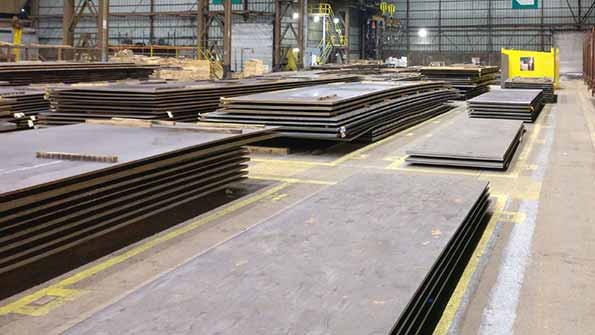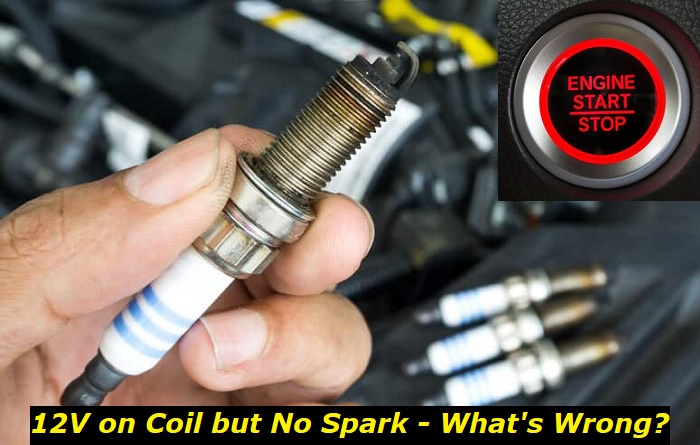Choosing the right steel plate is critical to the success of any construction or engineering project. Among various steel grades, IS 2062 Grade A plates stand out for their excellent mechanical properties and weldability, making them a popular choice in structural applications. However, selecting the perfect plate requires a good understanding of the grade’s characteristics, especially its chemical composition and mechanical properties.
In this article, we will guide you through everything you need to know about IS 2062 Grade A Plates, focusing on their chemical makeup, applications, and tips on how to pick the best plate for your project needs.
What is IS 2062 Grade A Steel Plate?
IS 2062 is an Indian Standard specification for hot-rolled medium and high tensile structural steel. It is widely used in manufacturing structural components such as bridges, buildings, and heavy vehicles. Grade A in IS 2062 refers to a particular grade of steel plate that offers moderate strength and excellent weldability, making it suitable for general structural purposes.
Understanding IS 2062 Gr A Chemical Composition
One of the first things to consider when choosing an IS 2062 Grade A plate is its chemical composition. The elements and their proportions influence the steel’s strength, ductility, weldability, and corrosion resistance.
Here is a typical chemical composition range for IS 2062 Gr A:
| Element | Percentage (%) | Role in Steel Properties |
|---|---|---|
| Carbon (C) | 0.12 – 0.20 | Provides strength but affects weldability |
| Manganese (Mn) | 0.90 – 1.20 | Improves toughness and hardness |
| Phosphorus (P) | Max 0.04 | Usually kept low to prevent brittleness |
| Sulfur (S) | Max 0.05 | Impacts machinability and brittleness |
| Silicon (Si) | 0.15 – 0.35 | Acts as a deoxidizer and improves strength |
This chemical composition ensures a balanced steel with good mechanical properties suitable for structural applications.
Why IS 2062 Grade A Plate Is Popular?
Before diving into the selection process, it’s helpful to understand why this particular grade is favored.
- Good Weldability: The moderate carbon content ensures plates are easy to weld without special precautions.
- Adequate Strength: It offers sufficient tensile strength (minimum 410 MPa), which is good for general construction.
- Versatility: Can be used in bridges, buildings, cranes, and other heavy structures.
- Cost-Effective: Compared to higher grades, Grade A plates are budget-friendly while maintaining reliability.
Factors to Consider When Choosing IS 2062 Grade A Plates
1. Mechanical Properties
Mechanical properties such as tensile strength, yield strength, and elongation are critical indicators of performance. The minimum mechanical properties for IS 2062 Grade A plates are:
| Property | Minimum Value |
|---|---|
| Tensile Strength | 410 – 550 MPa |
| Yield Strength | 250 MPa |
| Elongation | Minimum 23% |
Ensure your chosen plate meets or exceeds these values for dependable performance.
2. Thickness and Dimensions
IS 2062 Grade A plates come in varying thicknesses and dimensions. The selection depends on:
- Project specifications
- Load-bearing requirements
- Welding and fabrication considerations
It is essential to communicate your exact dimensional needs with the supplier to avoid excess costs or performance issues.
3. Surface Quality
The surface finish of the plate can affect corrosion resistance and ease of painting or coating. Common surface finishes include:
- Hot-rolled (mill scale present)
- Shot-blasted (cleaned surface)
Consider your environment (e.g., outdoor exposure) to decide if you need a surface treatment.
4. Certification and Quality Assurance
Always choose IS 2062 Grade A plates that come with proper certification such as mill test certificates (MTC), confirming chemical composition and mechanical test results. This guarantees compliance with the Indian standard.
Applications of IS 2062 Grade A Plates
Understanding where and how these plates are used will help you make an informed decision.
- Structural Components: Bridges, buildings, and industrial sheds.
- Heavy Vehicles: Chassis and frames.
- Pressure Vessels: Due to its mechanical strength.
- Fabrication: Construction of cranes, trailers, and other heavy equipment.
Advantages of Using IS 2062 Grade A Plates
- Balanced Strength and Ductility: Ideal for structures requiring both toughness and load-bearing capability.
- Cost-Efficiency: Offers a good price-to-performance ratio.
- Reliable Quality: Standardized chemical composition ensures predictable performance.
- Weldability: Facilitates easy fabrication and repair.
Conclusion
Selecting the right IS 2062 Grade A plate is crucial for the durability and safety of your project. By understanding the chemical composition, mechanical properties, and applications, you can confidently choose the best plate that matches your project needs.


